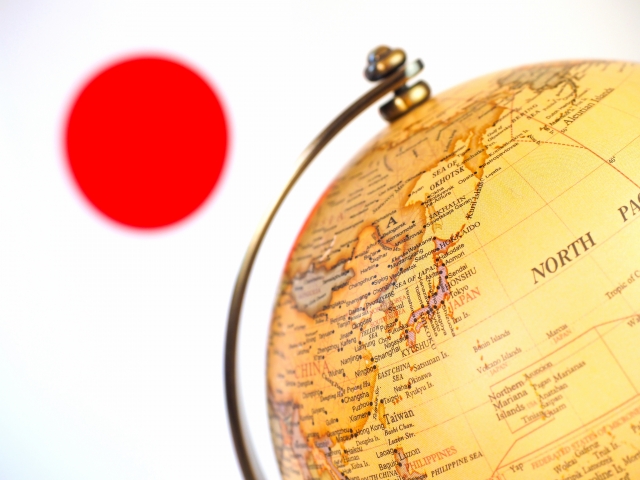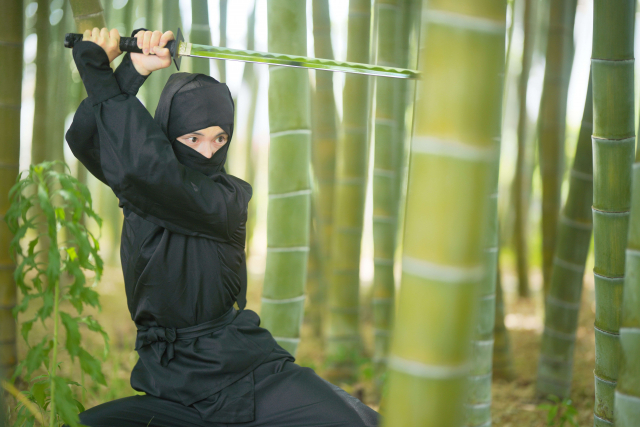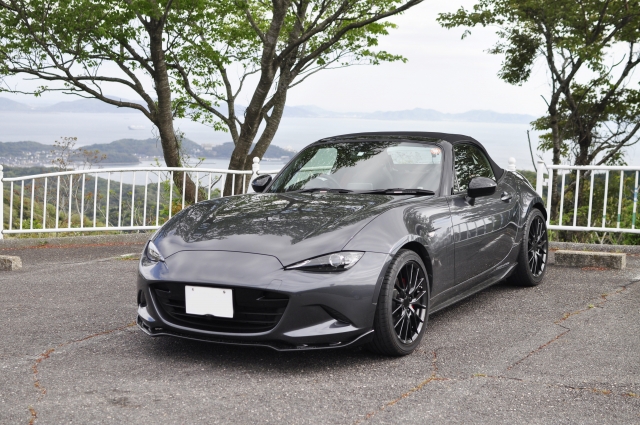I remember learning in elementary school that the word “japan” originated from a passage in Marco Polo’s “The Book of Eastern Views”.
However, what surprised me when I read the book was that Marco Polo never actually came to Japan. And as the title of the book, “Memoirs,” suggests, he was describing Japan based on what he had heard and read.
There are also several theories that suggest that Japan did not originate from “Memoirs of the East. In this page, we will examine these theories and consider the origin of Japan.

If you are looking for face-to-face or online Japanese lessons with the best Japanese tutors, please check here.
Contents
Theories on the Origin of Japan
The following are some of the theories about the origin of Japan
Zipangu” in the Eastern Views.
This theory is the most famous origin of Japan. Marco Polo, a merchant from Italy (then the Republic of Venice), in his book, “The Book of Eastern Views,” called Japan “Zipangu” and wrote that it was a land of gold.
It is said that the origin of this word “Zipangu” changed to “Japan. Since “Zipangu” and “Japan” sound similar, this theory is highly plausible.
When “Japan” is pronounced in Chinese (Cantonese: Cantonese), it becomes “ji-peng- quo,” which means “jibenguo, ribenguo. There is a theory that Marco Polo knew this and decided to use “Zipangu.
In fact, many dictionaries claim that “Japan” is a transcription of “Zipangu. Even if not based on this Chinese pronunciation, it is highly likely that Japan was called something similar to “Zipangu” at that time.
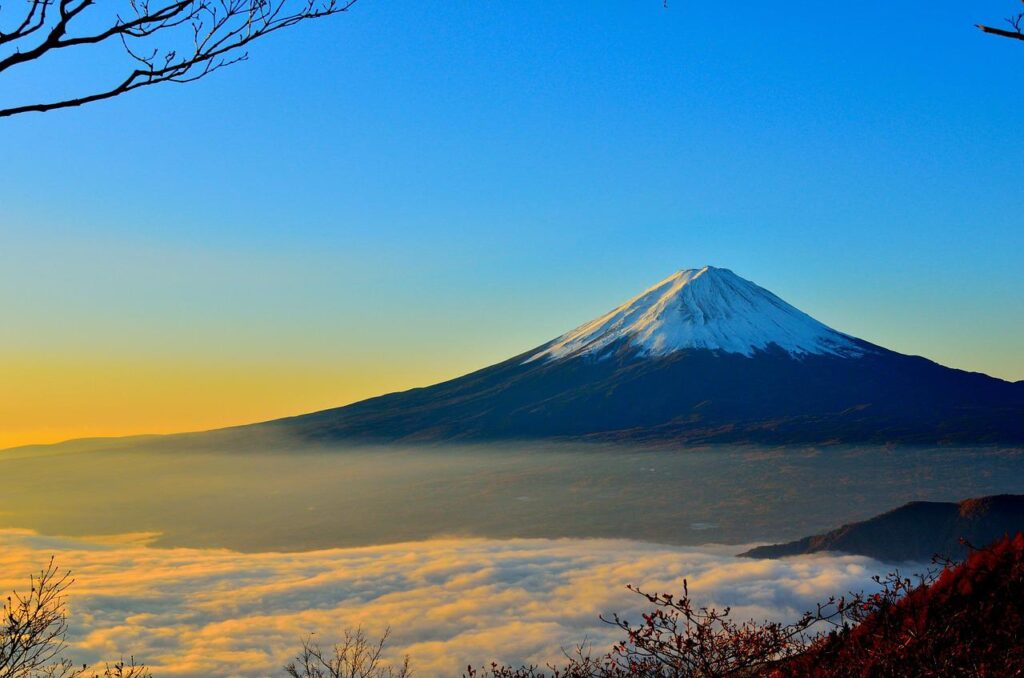
16th-century Portuguese notation
This is the theory advocated by historian Yoshikazu Okamoto. The Portuguese who traveled to East Asia in the 16th century heard the Chinese pronunciation of “Japan” and recorded it as a phonetic transcription, which has nothing to do with “Zipangu” in the “Record of Eastern Views and Hearings.
Specifically, they include the following
- Jampon-The Chronicle of the Countries of the East (Tomé Pires)
- Japoes, Japam-“History of Asia” (João de Barros)
- Japongos-“Chronicle of Manuel the Great” (Damian de Góes)
Okamoto also rejects Henry Yule’s theory, which is discussed next.
Chinese pronunciation “Jih-pun”.
This is the theory of Henry Yule, a British soldier, traveler, and orientalist. The Chinese pronunciation of “Japan” as “Jih-pun” came to Europe via the Malay pronunciation “Japung, Japang”.
Henry Yule was the translator and commentator of the Oxford Dictionary of the Orient and advisor to the Oxford English Dictionary of the Orient.
Which theory is correct?
The above theories can be summarized as follows. According to the Eastern explorer theory, Zipangu is derived from Zipang, Zipangu.
According to the Portuguese spelling theory, Zipangu is derived from Jampon, Japoes, Japongos, etc. According to the Chinese pronunciation theory, Zipangu is derived from Jih-pun.
Unfortunately, it is not possible to determine which of these is correct. This is because they are all based on the Chinese pronunciation of “Japan. (It is also possible that the theory of the Eastern Pronunciation has nothing to do with the Chinese pronunciation.)
And the word “Japan” is said to have originated from the pronunciation of a European language. All of these theories seem to be correct, but again, none of them is conclusive, and no conclusion can be drawn at this time.
By the way, Japan was also called “Zipangu, the Golden Country. This is because it was believed in China at the time that Japan was a rich country with a large amount of gold, although there is a theory that Japan used gold sand as compensation for trading with China and that the “Land of Gold” was an exaggerated expression that was combined in the imagination of various people as it was passed down.
The legend of the Golden Land of Japan (“Zipangu, the Land of Gold”) was completed as a result of a game of word-of-mouth transmission from China to Europe. 0
If we had a time machine, we would be able to confirm this, but the true origin can only be imagined. It is fun to look up and think about history, as if we have gone back in time.
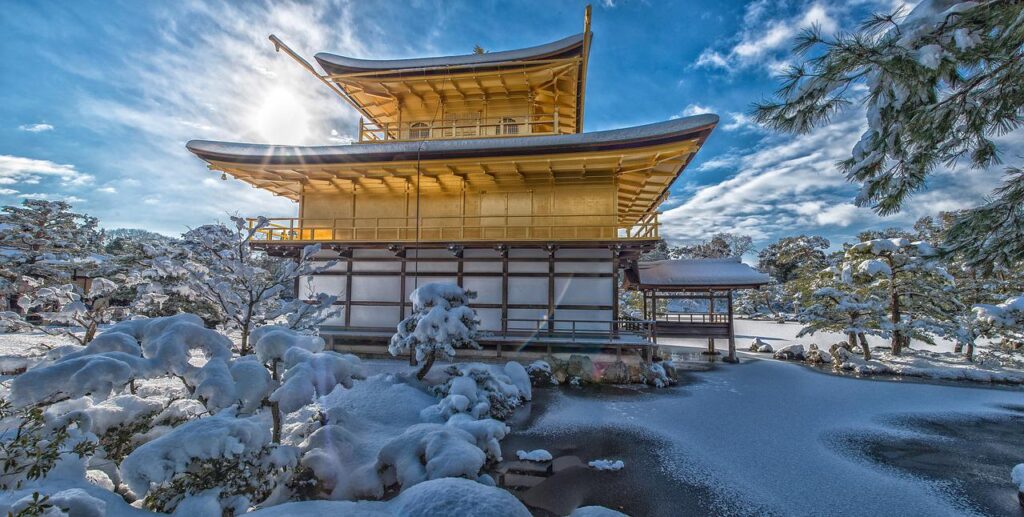
Conclusion
Marco Polo, a merchant and adventurer from the Republic of Venice, wrote “The Book of Eastern Views. In it, Japan was introduced as a country that produced large quantities of gold, and came to be known as “Zipangu, the Land of Gold,” mainly in Europe.
Marco Polo traveled throughout Asia, but never landed in Japan during his lifetime. The descriptions of Japan in “Nihon no Miho Shimbum” are recorded as dictation of what Polo saw and heard from a Chinese merchant.
Related article:

